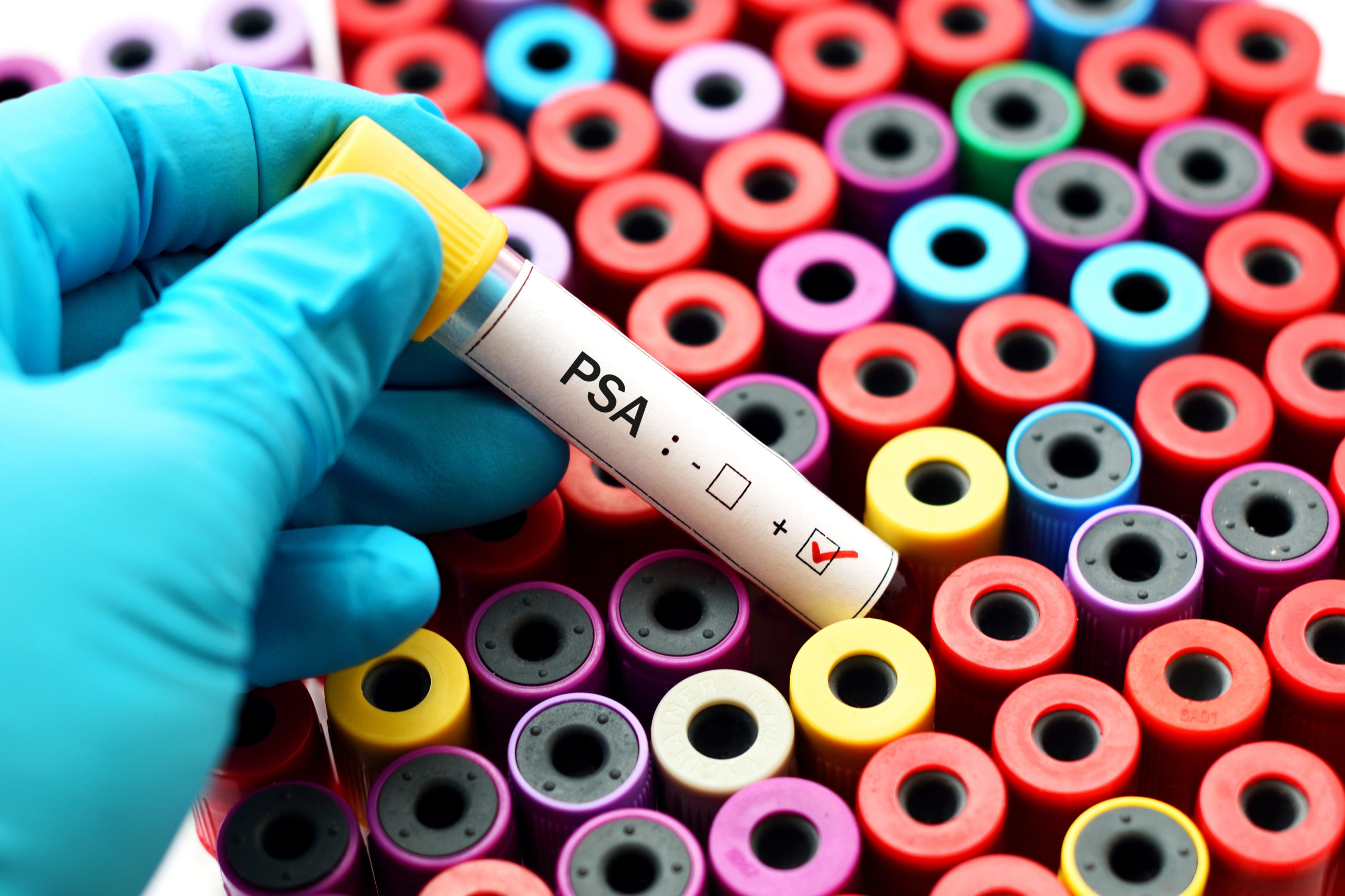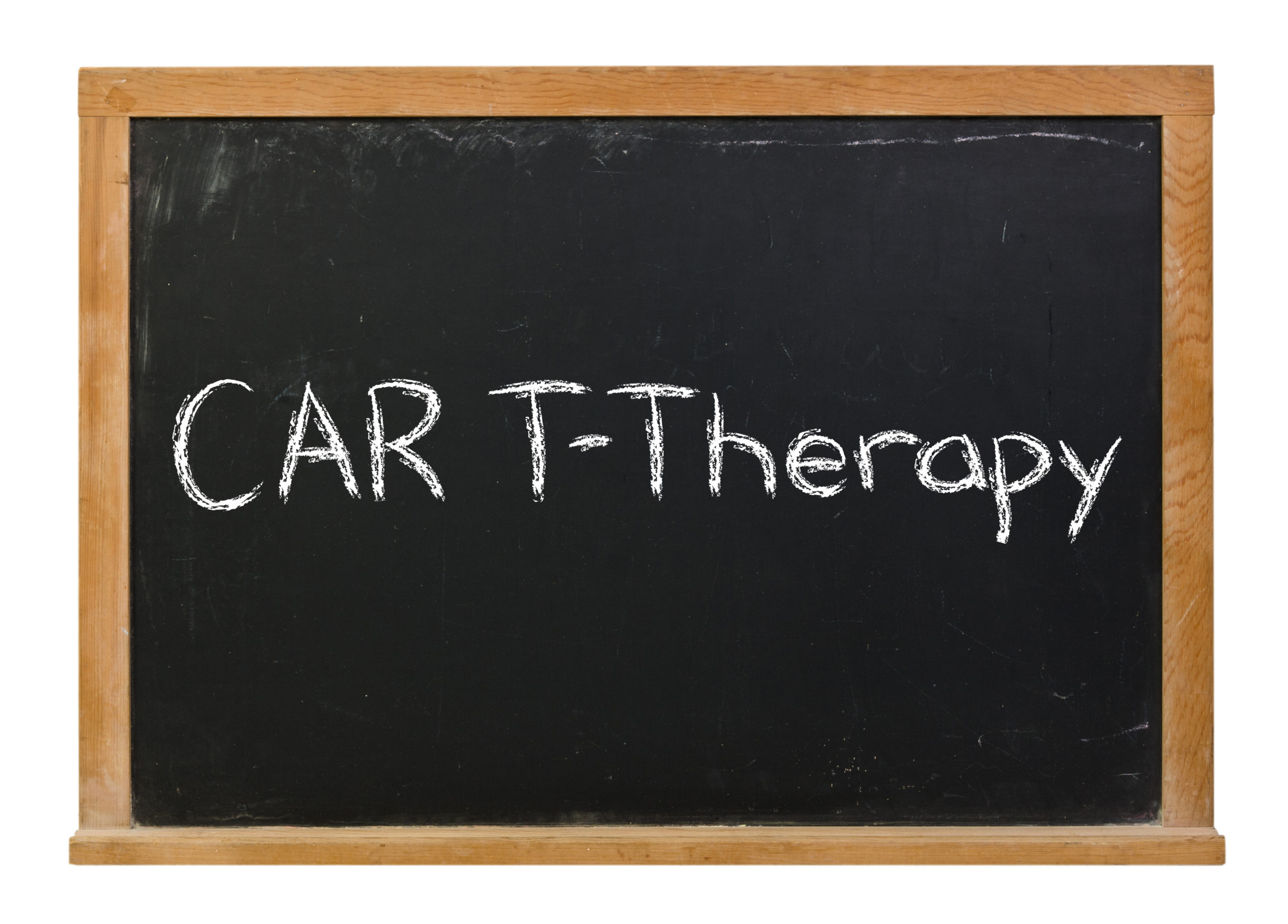
New data presented at the Society of Nuclear Medicine and Molecular Imaging Annual Meeting showed that androgen deprivation therapy (ADT) did not impact the performance of piflufolastat F 18 positron emission tomography/computed tomography (PET/CT) in patients with prostate cancer recurrence or metastasis.
Piflufolastat F 18 is a radiopharmaceutical that targets the prostate-specific membrane antigen during imaging in men with suspected prostate cancer metastasis who are candidates for initial definitive therapy and in those with suspected recurrence based on elevated prostate-specific antigen (PSA) levels.
The researchers examined whether ADT would affect the performance of the radiopharmaceutical by evaluating piflufolastat F 18-PET/CT in 93 men with elevated PSA and radiologic evidence of local recurrence or metastatic disease. Of the entire sample, 32 patients (34.4%) were receiving concurrent ADT therapy. Each subject received a single intravenous dose of piflufolastat F 18, followed by PET/CT 1 or 2 hours later. Three independent readers evaluated the scans to determine sensitivity and positive predictive value (PPV).
Piflufolastat F 18-PET/CT had comparable sensitivity and PPV among men who were receiving ADT and those who were not, wrote the authors, led by Lawrence Saperstein, of the Yale School of Medicine.







 © 2025 Mashup Media, LLC, a Formedics Property. All Rights Reserved.
© 2025 Mashup Media, LLC, a Formedics Property. All Rights Reserved.